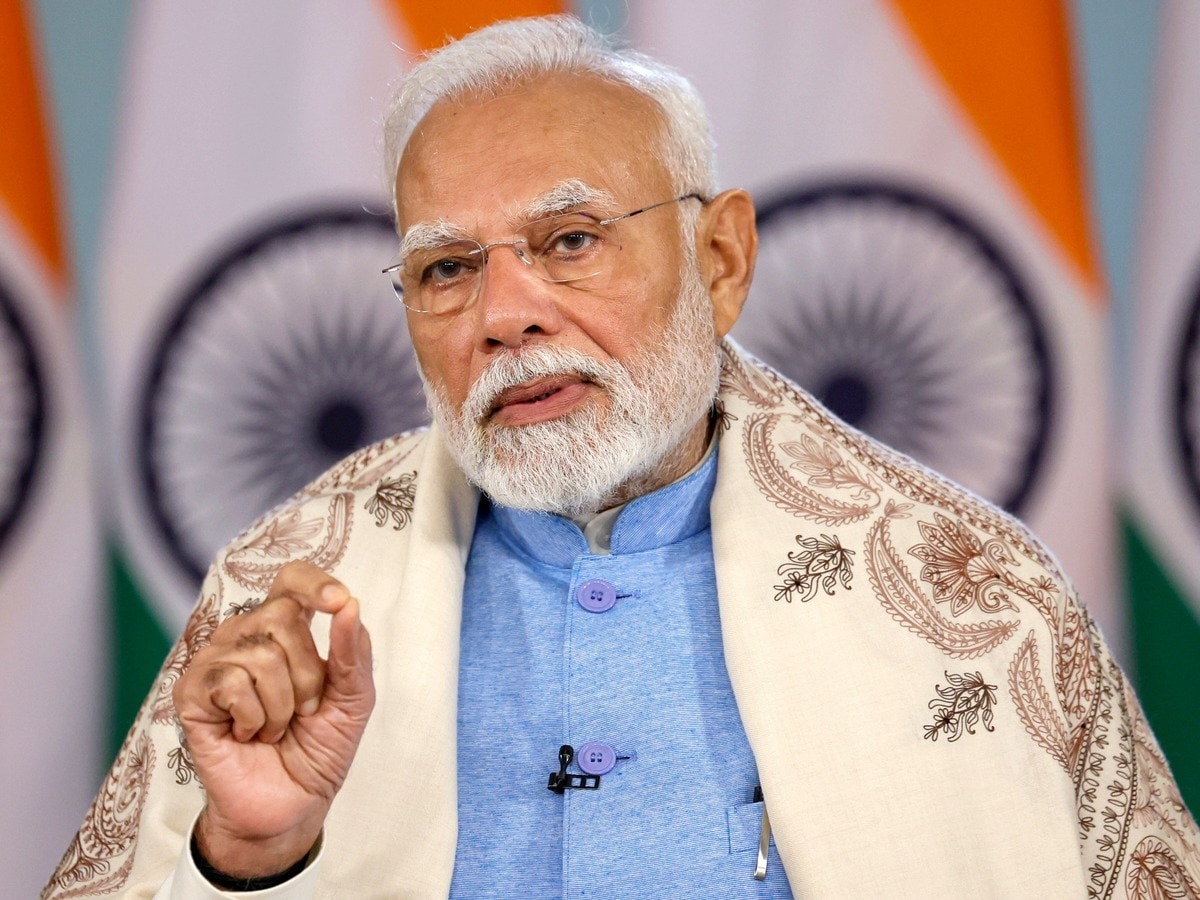The Central Government on Thursday approved the formation of the Eighth Pay Commission, giving major relief to central employees and pensioners across the country. After this decision, the way has been cleared for increase in salary and pension of lakhs of government employees and pensioners.
Union Minister Ashwini Vaishnav said in the press conference, “Seven pay commissions have been implemented since 1947. Prime Minister Narendra Modi had promised to create a regular pay commission. The Seventh Pay Commission was implemented in 2016 and was to run till 2026, but the government has ended it a year earlier and approved the Eighth Pay Commission.”
Importance of Pay Commission
Pay Commission is constituted every 10 years. Its objective is to give recommendations for revision of salaries and pensions of employees and pensioners. Salary increases are made keeping in mind inflation and other factors in the recommendations.
- Seventh Pay Commission: It was constituted in 2014 by the government of then Prime Minister Manmohan Singh. Its recommendations were implemented by the Modi government in 2016.
- Fourth, Fifth and Sixth Pay Commission: Their tenure was also 10 years each.
Employees’ demands and government’s decision
Government employees were demanding the formation of the Eighth Pay Commission for a long time. Even in Parliament, questions have been raised on this issue.
- Last month, All India State Government Employees Federation and National Council (Staff Side) Joint Consultative Machinery had written a letter to the government demanding a new pay commission immediately.
- The organizations had warned that if their demands were not met, nationwide demonstrations would be held.
Government’s steps and future path
This decision of the Modi government has not only brought relief to the central employees and pensioners, but it also indicates financial help in the times of inflation. The implementation of the Eighth Pay Commission will provide financial benefits to lakhs of employees and their families.
